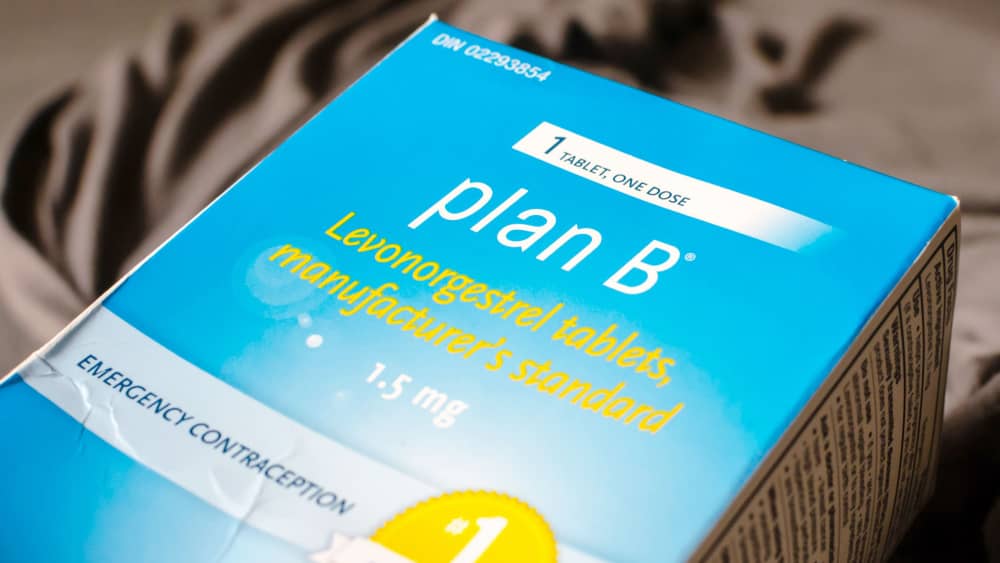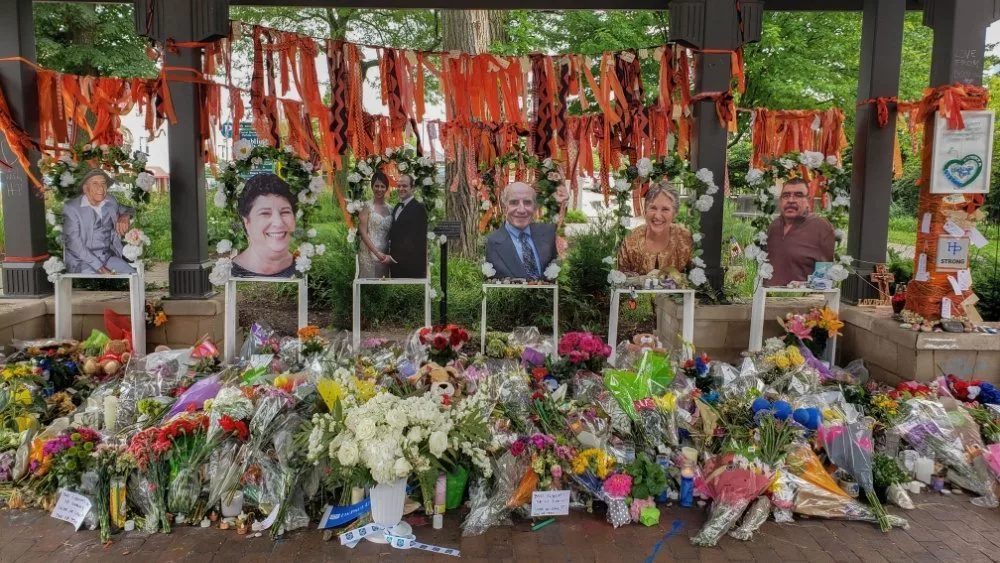
In the wake of the Supreme Court’s decision to overturn Roe vs. Wade, a number of major pharmacy chains and other retailers have placed limits on purchases of Plan B emergency contraception due to increased demand. On Friday, the Supreme Court voted 6-3 to overturn its 1973 opinion in Roe vs. Wade, which legalized abortion nationwide.
CVS Pharmacy told CNN that although the pharmacy chain has “ample supply” of contraceptive pill brands Plan B and Aftera, it is limiting purchases to three per customer “to ensure equitable access and consistent supply on store shelves.”
Rite Aid also told CNN they were implementing a similar limit on purchases of contraceptive pills: “Due to increased demand, at this time we are limiting purchases of Plan B contraceptive pills to three per customer,” said Alicja Wojczyk, senior manager of external communications for Rite Aid.
Amazon also confirmed to that it had placed a limit of three units per week on emergency contraceptive pills; and Walmart has said that many of its products purchased online have limits that can change “during times of fluctuating demand” but purchases of emergency contraceptive pills were not currently being limited.
Emergency contraceptive pills – commonly referred to as “morning after pills” — can be purchased over-the-counter without an ID or prescription. The contraceptive pills typically prevent pregnancy by stopping the release of an egg from the ovaries, preventing a sperm from fertilizing an egg or stopping a fertilized egg from attaching to the womb, and are meant to be taken up to three days after unprotected sex. Emergency contraceptive pills differ from abortion pills, which require a prescription and can be used effectively within the first 10 weeks of pregnancy.
Editorial credit: Andriy R / Shutterstock.com





